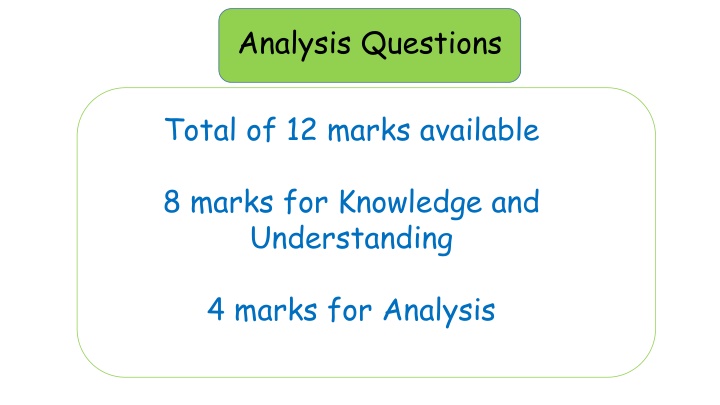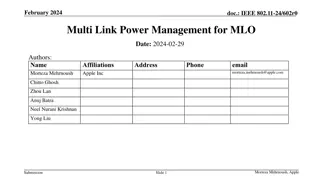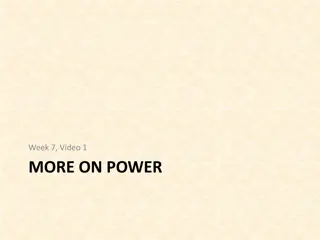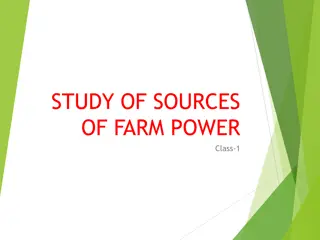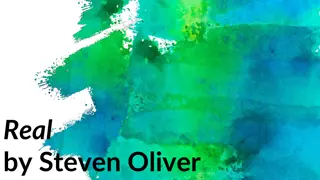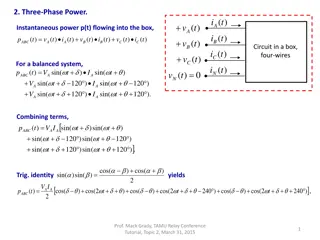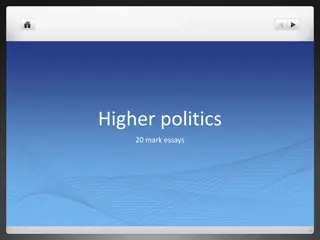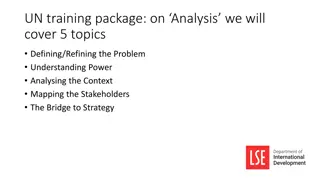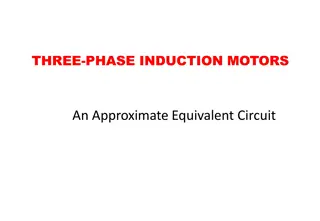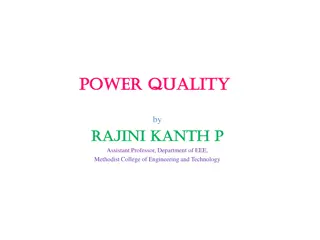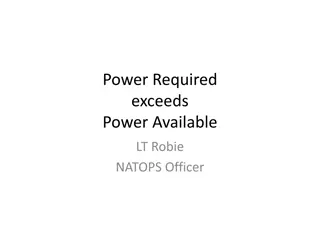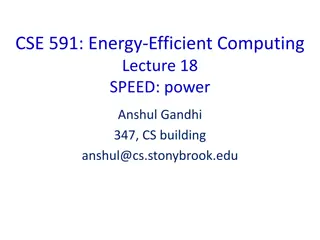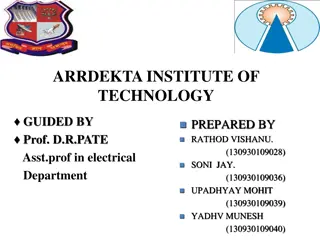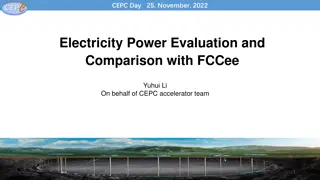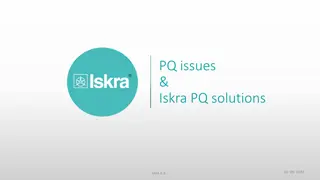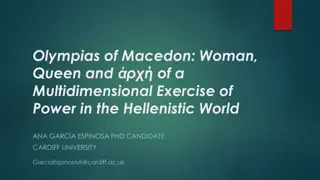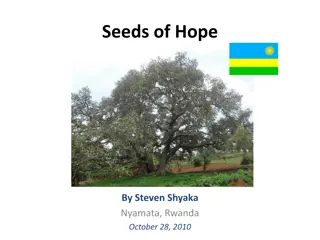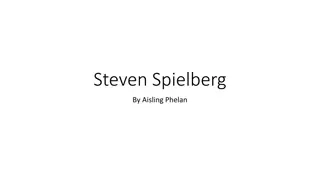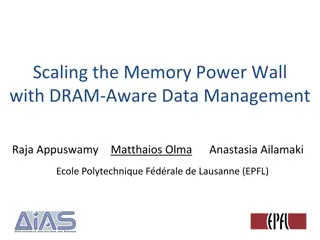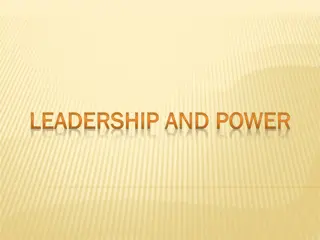Analyzing Power through Steven Lukes' Three Faces
Explore the concept of power as outlined by Steven Lukes, focusing on his three faces of power theory. Understand how power is defined, achieved, and perceived in various contexts. Evaluate the relevance of Lukes' theories in today's society to gain insights into contemporary power dynamics.
Download Presentation

Please find below an Image/Link to download the presentation.
The content on the website is provided AS IS for your information and personal use only. It may not be sold, licensed, or shared on other websites without obtaining consent from the author.If you encounter any issues during the download, it is possible that the publisher has removed the file from their server.
You are allowed to download the files provided on this website for personal or commercial use, subject to the condition that they are used lawfully. All files are the property of their respective owners.
The content on the website is provided AS IS for your information and personal use only. It may not be sold, licensed, or shared on other websites without obtaining consent from the author.
E N D
Presentation Transcript
Analysis Questions Total of 12 marks available 8 marks for Knowledge and Understanding 4 marks for Analysis
Analysis Questions Introduction 3 or 4 paragraphs depending on the question and on the length of your paragraphs Conclusion
Spend 25 minutes on an analysis Q.
What is analysis? Analysis can be achieved in a number of ways such as by: Looking at the implications of something Referring to the success/failure of something Exploring similarities/contradictions, Consistencies & inconsistencies Highlighting relationships/links Giving alternative points of view
Analyse power as outlined by Steven Lukes - are his theories still relevant today? (12 marks)
Structure (PEEA) P make a Point E Explain E Example A Analysis
Group/ paired/peer essay plan Points for introduction Paragraph one what to include with examples! Paragraph 2 what to include with examples! Paragraph 3 what to include with examples! Conclusion ideas
Introduction Introduce the concept of Power and Lukes 3 faces. Power is often defined as the ability to influence the behaviour of others. It is described by some as the ability to get someone to do something which they would not have done otherwise. Power can be achieved in a number of ways, including the use of threats, sanctions, manipulation or rewards. Steven Lukes in his book Power: A Radical View 1974 acknowledged that power is an essentially contested concept. He recognised that no agreed single definition of power has or ever can be developed. However, Lukes suggests that a broad definition of power could be used to encompass all its features. He went on to describe power as having three faces or types.
Lukes first face of power was considered as the open face. The public can usually see this power being exercised as it is done in a public domain. Those involved in decision making are often appointed or elected making this power fair and legitimate. This power exists today in the UK in the form of the passing of bills through parliament. Before a bill is passed in the UK parliament it will go through the House of Commons then to the House of Lords. The bill may even attract the support of a pressure group or the media. This way any concerns can be raised and answered in public. For example, parliament are currently debating the legalisation of cannabis for medicinal purposes. This decision will be made publically and MPs will use their decision making power to vote. Similarly the decision by the Scottish Parliament to change the drink driving limit in 2015 can be linked to Luke s open face decision making theory. The parliament debated this issue, committees investigated it and a decision was made to reduce the legal alcohol amount from 80mg per 100ml of blood to 50mg. This became law and people have changed there drinking habits accordingly. People accept decisions like this because they have been implemented through the democratic process. Therefore the first face of power as described by Stephen Lukes is still very much relevant today people often accept this type of power because it is seen as fair.
Lukes also described a second face of power which he referred to as the secretive face or the non-decision making face. This type of power involves not only the ability to make decisions but also the ability to limit the decisions which can be made by others. This is very apparent in the ability of some political organisations to block the participation of certain groups (Trade Unions) and/or the expression of a particular set of opinions (Pressure Groups). In terms of the UK government, it is the Prime Minister (Theresa May) who sets the agenda of the cabinet meetings and sums up the mood of the meeting. It is the PM that decides what should and should not be discussed and as this is the case, many topics he/she is not ready or willing to discuss will be left off the agenda despite it perhaps being a topic relevant to many other cabinet members. Of course the issue of collective/ministerial responsibility and the fact that the PM can make or break careers helps keeps the cabinet in line and controversial issues off the agenda. An example of an issue kept out of the political limelight is devolution during the 1979- 1997 Conservative government. This was not something the government wanted discussed therefore no referendum was held. This shows the government exercising the second face of power Lukes discussed. Even after Labour came into power in 1997 they put devolution on the agenda but left Independence out again highlighting that this manipulative face of power is still relevant in the present day.
The third face of power is defined by Lukes as the ability to shape desires. This form of power is the ability to alter what someone thinks they want or need that may actually go against their best interests. Lukes identified this as the most insidious face of power, with those in power being able to manipulate the rest of society into believing they are acting in their best interests. For example, Tony Blair claimed that there was strong evidence that Iraq under Saddam Hussein had Weapons of Mass Destruction. This was used to justify the invasion of Iraq but once the invasion had taken place it was revealed that this was not the case and lead to claims that that the evidence had been manipulated by the Prime Minister in order to manipulate public opinion. Similarly it could be argued Alex Salmond and the SNP misled the public about the oil levels in Scotland and the revenue this would generate an independent Scotland. This highlights that Lukes theory of the third face of power is also still very much alive in society today.
Summing Up Best Practice to sum up your response. Take a couple of lines and pull out the key points. In summary, Lukes position on power is interesting as it defines the different ways in which power can be achieved as well as used. The decision-making face outlined by Lukes is most definitely the form of power most people would associate as taking place in the UK. However, once you peel back the layers, it is becoming more apparent the degree to which non-decision making is going on behind closed doors. The manipulative face as outlined is embedded more in ideology, although can be identified as being used in instances such as the Independence Referendum and the Iraq War.
Now over to you. Complete the same Analysis Q on Lukes. Analyse power as outlined by Steven Lukes are his theories still relevant today? (12 marks) Due date Monday 21st October 2019 Take A4 paper or if typing ensure there is room for comments
